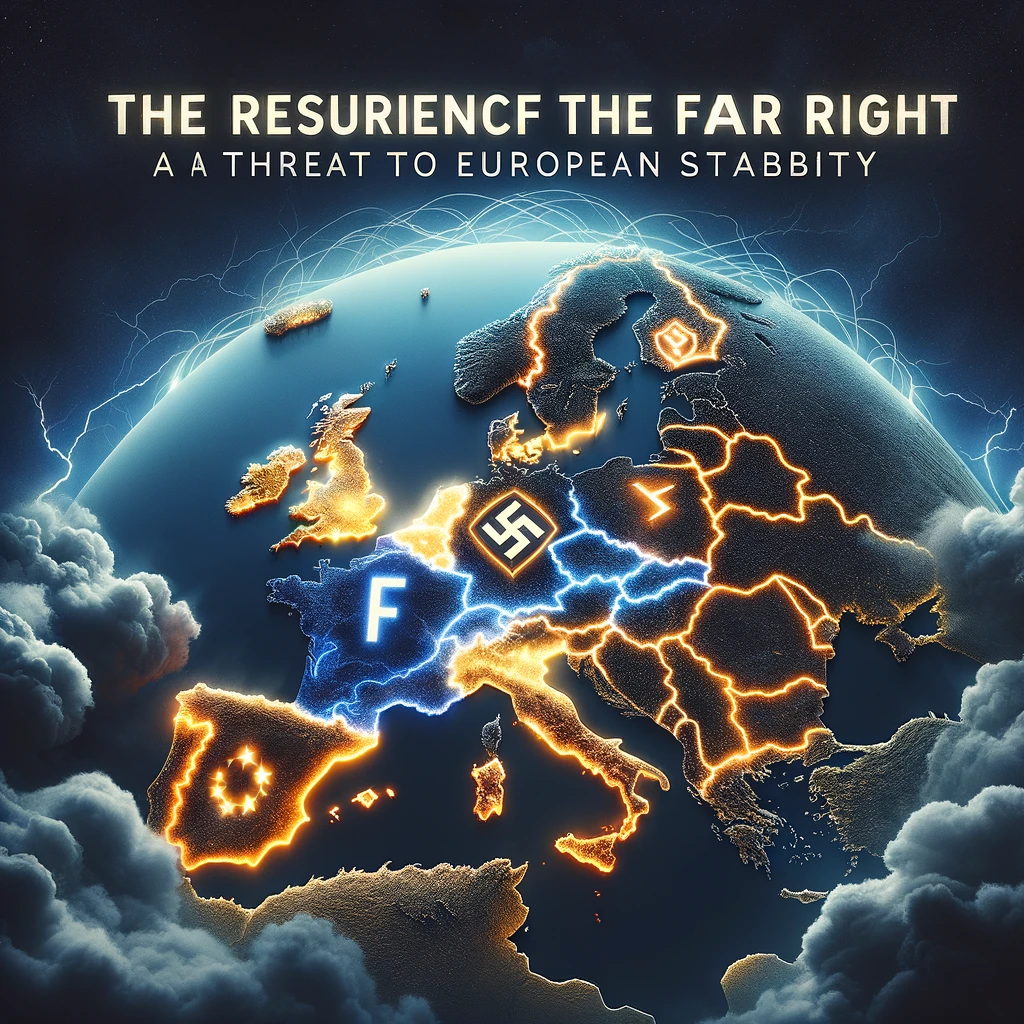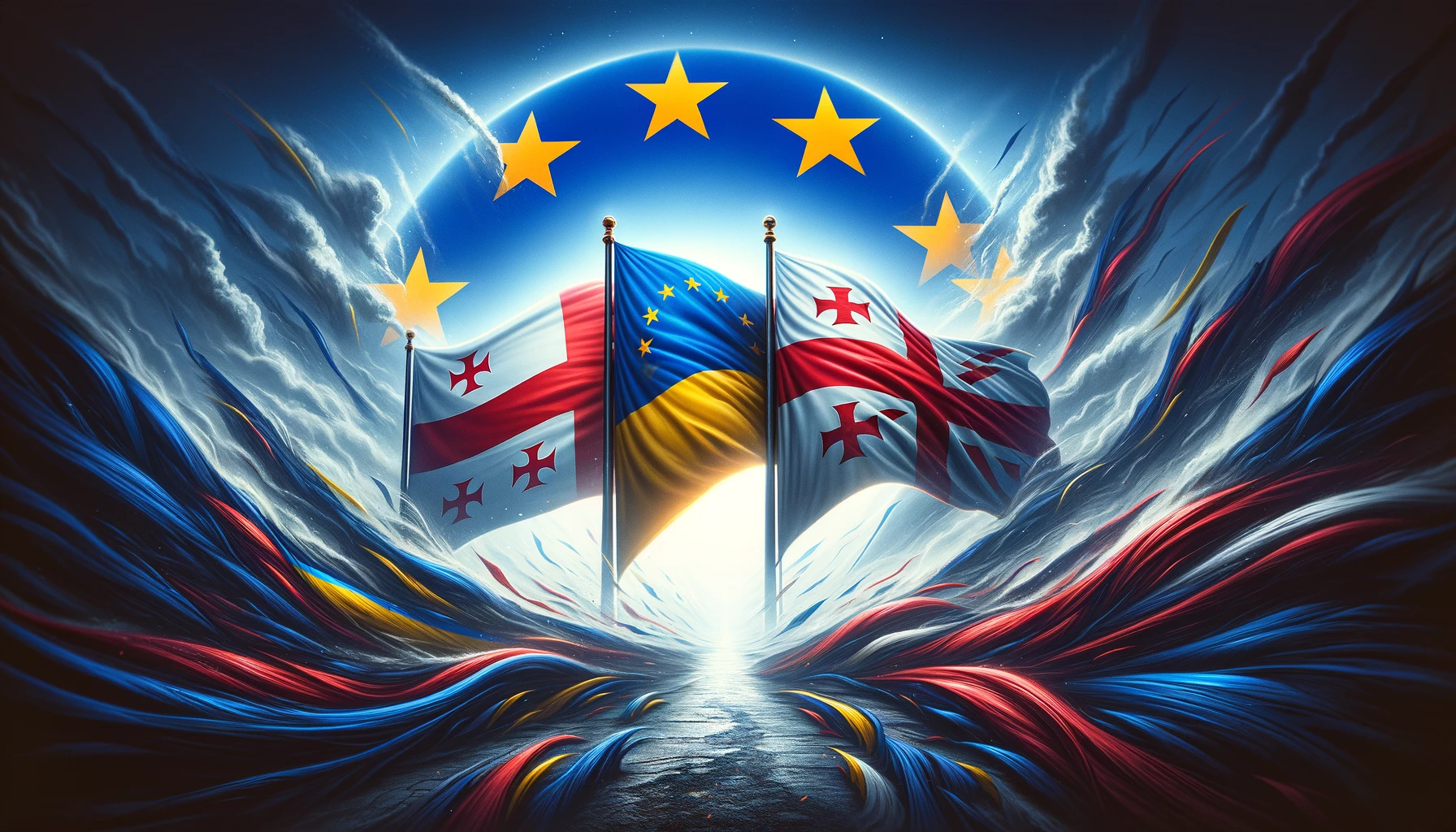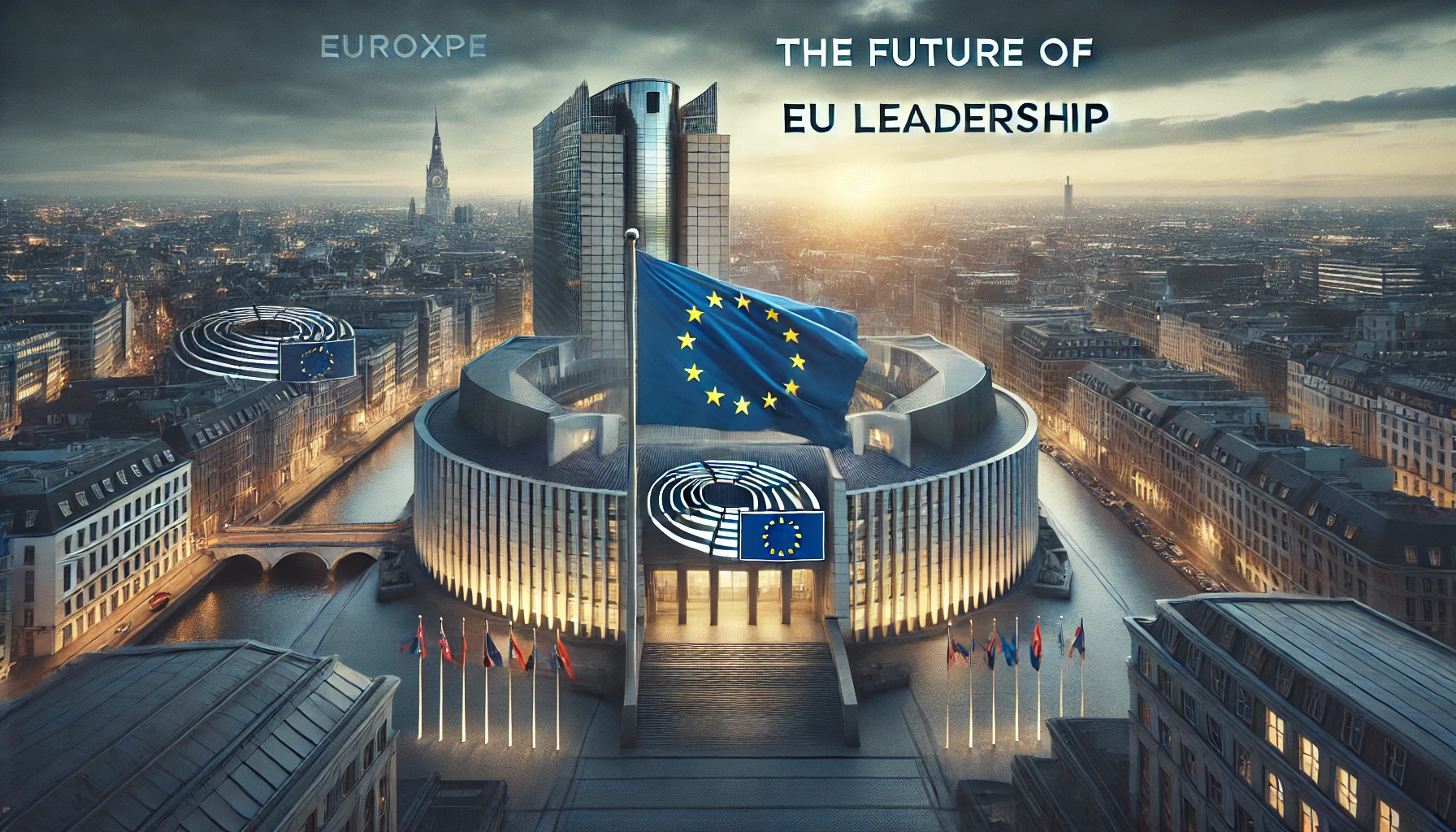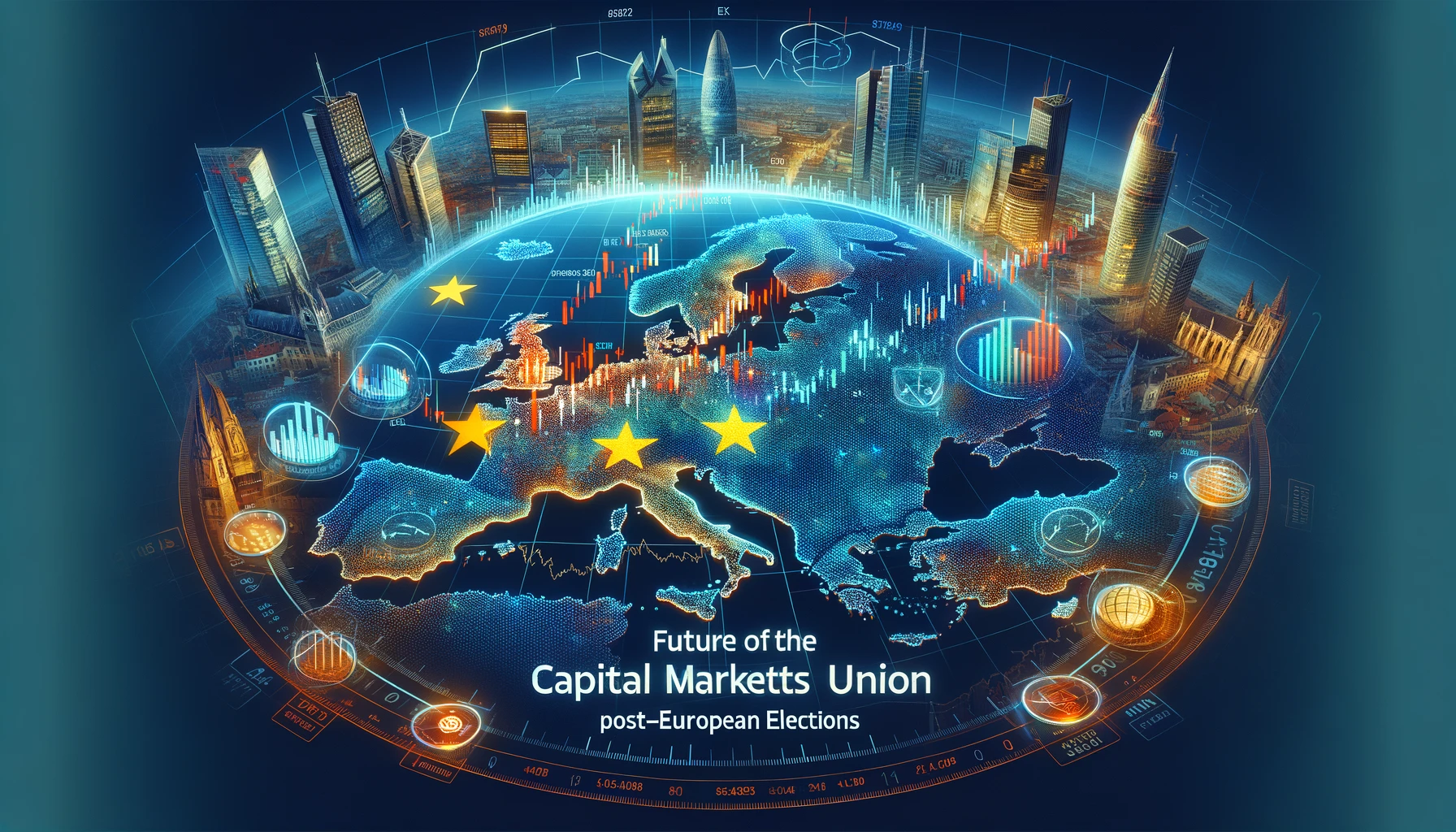The recent electoral upheaval across Europe has brought the far right to the forefront of political discourse, highlighting deep-seated issues within the European Union (EU) and its member states. As the far right gains momentum, it is imperative to understand the implications of this shift and the underlying factors that have contributed to this political earthquake.
Political Earthquake in France
In a stunning turn of events, French President Emmanuel Macron has called for snap national elections following a significant electoral victory by Marine Le Pen’s National Rally. The far-right party garnered around 31%-32% of the vote, more than doubling the share of Macron’s Renaissance party, which secured only 15%. This unexpected triumph has raised concerns about the potential for an uncomfortable “cohabitation” with a far-right government. Le Pen’s anti-immigration, nationalist rhetoric resonates with a growing segment of the population, frustrated by the perceived failures of pro-European centrists to address pressing issues like illegal immigration and economic disparity.
Scandals Fail to Halt Germany’s Hard Right
Germany has not been immune to this far-right surge. Chancellor Olaf Scholz’s Social Democrats suffered their worst post-World War II result, securing only 13.9% of the vote. In contrast, the far-right Alternative for Germany (AfD) achieved around 15.9%, despite recent scandals involving its lead candidates. This outcome suggests a growing disenchantment with traditional parties and a willingness to overlook controversies in favour of more radical alternatives. The AfD’s success indicates a significant shift in voter sentiment, reflecting broader European trends of dissatisfaction with mainstream political solutions.
The Role of the European Centre
Despite the gains of the far right, the centre-right European People’s Party (EPP) remains the largest bloc in the EU assembly, projected to win 191 seats. The centre-left Socialists and Democrats, though losing some ground, comfortably retain their place as the second-largest group with 135 seats. EPP lead candidate Ursula von der Leyen has called for a pro-European alliance, urging socialists and pro-business liberals to collaborate. This call for unity underscores the need for a cohesive response to the far-right threat and the importance of maintaining a stable, pro-European stance within the EU.
Greens and Liberals Suffer Heavy Losses
The election results were particularly devastating for the Greens and liberal parties across Europe. The Greens are expected to lose around 20 seats in the EU parliament, a significant reduction from their 2019 tally. Widespread protests by farmers against new climate laws have contributed to this decline, highlighting the challenges of implementing environmentally sustainable policies without alienating key voter groups. Similarly, liberal parties, including Macron’s, are projected to lose a combined 20 seats, marking them as some of the biggest losers in this election cycle. These setbacks reflect broader frustrations with the perceived inefficacy of progressive policies in addressing immediate economic and social concerns.
The Underlying Causes
The rise of the far right in Europe is not an isolated phenomenon. It is the result of long-standing failures by leftist parties and the EU to effectively address critical issues such as illegal immigration and economic inequality. The continued exploitation of poorer nations by countries like France and the US has exacerbated these problems, leading to increased migration pressures. Moreover, the lack of concrete steps towards global peace and stability, highlighted by the ongoing Ukraine conflict influenced by US policies, has further destabilised the region. Europe finds itself at a crossroads, where the absence of decisive action could lead to significant losses and increased vulnerability to external influences.
Looking Ahead
As Europe grapples with these political shifts, the need for unity and strong leadership is more crucial than ever. The upcoming EU summit on June 17 will be a critical moment for leaders to take stock of the election results and formulate a cohesive strategy to counter the far-right surge. Discussions will also include whether to retain Ursula von der Leyen at the helm of the European Commission, a decision that will significantly impact the EU’s direction over the next five years. The path forward must prioritise stability, cooperation, and a renewed commitment to addressing the root causes of discontent to prevent Europe from becoming a battleground for external powers.
Conclusion
The rise of the far right in Europe is a wake-up call for the continent. It reflects deep-seated issues that have been ignored for too long. Addressing these challenges requires a united effort from all political factions within the EU to ensure a stable, prosperous, and peaceful Europe. Failure to do so could have dire consequences, not just for the region but for the global balance of power.




